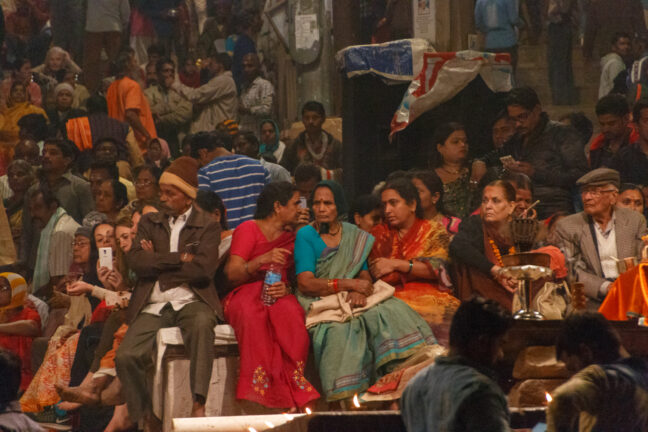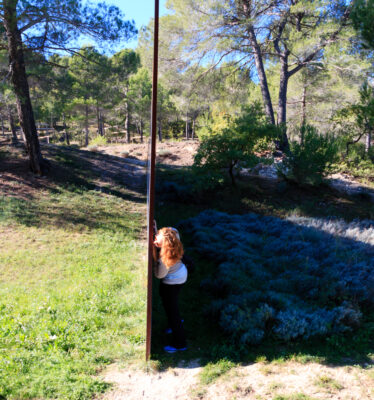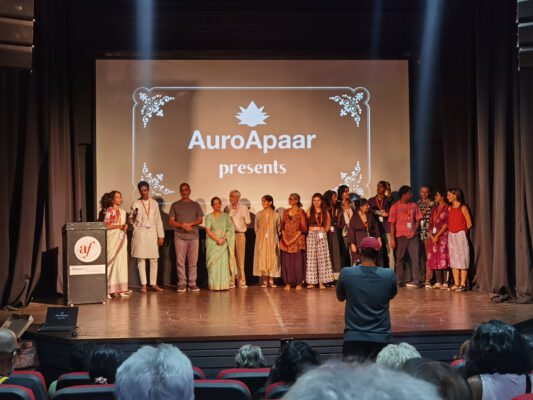II live in a hyper-complex society. I notice this in political and social issues that no one can really grasp in their complexity anymore. We can cling to principles such as justice, equality, freedom, consideration, sustainability, etc.. But when it comes to the specifics, it becomes difficult. Should I take one side or the other in a conflict, or is there a third option? Which of my own actions should I change, and how radically should I do so, what are the consequences? Or how should I organize my life? What responsibilities do I have, what obligations and expectations, what goals? All of this is interwoven with social and economic conditions that are shaped by political conditions. How are we supposed to make real decisions?
It seems to me that we are often somehow caught in a complex web. If we want to change something, it pulls here and there, and it usually settles down somehow so that we don't want to or can't change too much. Discussing with friends helps, even with specialists, depending on what the issue is.
Listen
I listen a lot, and usually people who talk don't really want an answer, they just want to sort out their thoughts out loud. And that's completely okay. If you listen carefully, the other person will find the answers themselves much more quickly. Listening to your own intuition, exploring your basic feelings, is often the most difficult part. This is where it is most difficult to make compromises. That's why people look there the least often.
I was recently with a group of very different people. In the closing plenary it was said that this group was carried by a feeling. I can't get this phrase out of my head: 'to be carried by a feeling'. This is certainly not an impulse or a spontaneous reaction, nor a deep conflict or pain or trauma, nor a feeling of desire or euphoria... It is something existential.
Heidegger's fear
I read Heidegger during my studies and was seduced by his linguistic mysticism. It was uncanny to me, but also irresistible. He answered the question of what metaphysics is with a feeling, naturally highly reflective. After long explanations, at some point he asks: Where do we experience nothingness? According to Heidegger, we cannot answer that positively in purely logical terms. We can only experience it in a feeling that is not reactive, but existential. Heidegger says: in fear. Why fear? Why nothingness? Why this fixation on death? It took me a long time to forget that again. Forgetting is a difficult art. But what I have kept for myself is the insight that it is okay not to answer certain questions rationally. That was a revelation for me.
Mysticism
Mystical thinking is often very strange to me: the basic assumptions (axiomatic) are often anything but transparent, the form of argumentation irrational or rhetorical, the insights intuitive, the claim to validity expansive. There are, of course, countless types of mystical thinking. At its core, however, it is about transcending the boundaries of knowledge - and they do exist. Theology and mysticism begin where knowledge ends. We are carried by feelings. That is why these systems of thought talk so much about love and death, about borderline experiences. This has become a taboo in the capitalistically influenced 'Western culture'. Or we have simply forgotten how to do it.
Sri Aurobindo's 'Savitri' is an opus magnum that has crossed this boundary. His philosophical work 'The Divine Life' attempts to answer existential questions rationally, in Savitri he answers mystically. Apart from Spinoza perhaps, I know of no other author who attempted to do this so radically in two ways. The writings of his companion Mirra Alfassa complement this.






